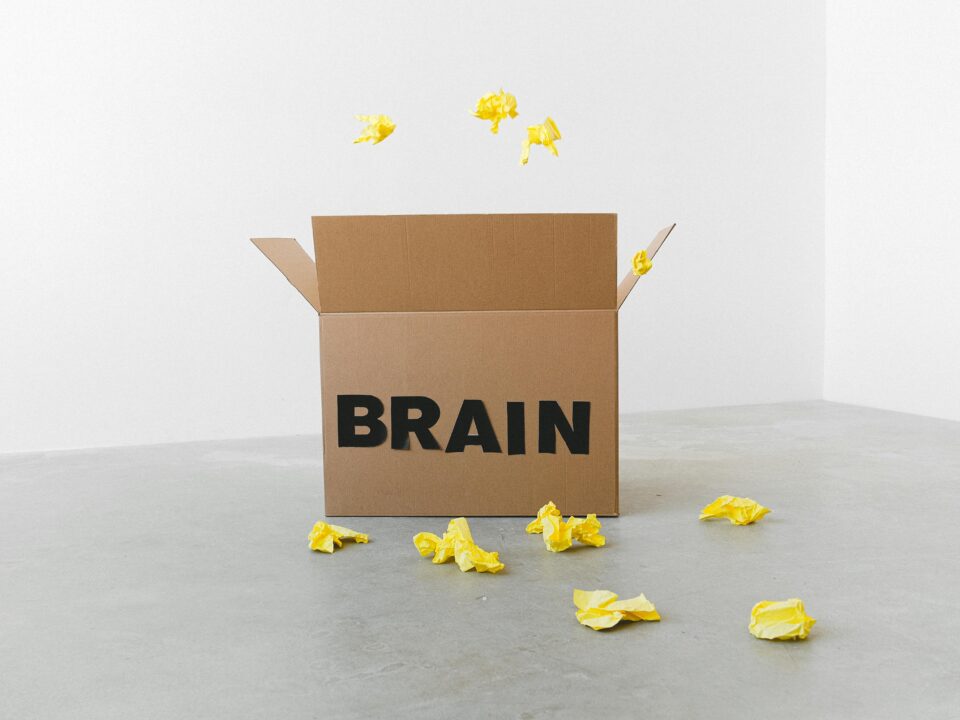What is Complex ADHD: Symptoms & Treatment

Featured Image by Joshua Fuller, Unsplash
According to the National Health Service, Attention Deficit Hyperactivity Disorder (ADHD) is a condition that affects individuals’ behaviour. Adults with ADHD are known to have problems with time management, following instructions, completing tasks, feeling restless, taking risks and so on. This article will draw attention upon complex ADHD, discussing its definition, symptoms, diagnosis, and treatment.
What is complex ADHD?
To simply explain, complex ADHD refers to a new phenomenon which reflects one or more than one ADHD conditions that have an impact upon treatment and outcomes. Some common conditions that can be observed in individuals diagnosed with ADHD may include anxiety, tics, difficulties in learning, disorders of mood, and disorders linked to substance use. This term also highlights the heterogeneity of this condition, and the significant number of factors that play a role in the presentation of ADHD. To have a better understanding of complex ADHD, it is important to note that multiple chronic conditions change with age, such as differences between children’s and adults’ behaviour. For example, children may express a higher rate of conduct disorders compared to older people. On the same hand, according to an Internet article, 50 % adults with ADHD are at risk for comorbid substance use in comparison to adolescents who display a 25% rate.
To diagnose someone with complex ADHD, they have to meet the Diagnostic and Statistical Manual of Mental Disorders V’s criteria for ADHD alone. Children need to meet at least six symptoms, and adults need to meet only five. The ADHD diagnosis is a multi-step procedure which involves the use of different rating scales.
What are the most common ADHD comorbidities?
ADHD comorbidities refer to diverse diagnoses that exist at the same time. They do not disappear once the primary condition is treated, and they require a specific treatment plan. Some of these comorbidities are related to cortical wiring problems which affect individuals’ capacity of learning, fine and gross motor abilities, executive functions, and language faculties. Other comorbidities affect the regulating process of emotions and may include depression, anxiety disorders, anger-control problems, obsessive-compulsive disorder, and bipolar disorder. Additionally, other individuals may experience tic disorders which vary in severity and usually include motor and oral tics. Another common tic disorder is Tourette’s syndrome which includes numerous motor and vocal tics.
What are the symptoms of complex ADHD?
Some of the complex ADHD’s symptoms may represent difficulties to concentrate and focus on specific tasks. Having a short attention span and getting easily distracted may play a significant role in adults with complex ADHD. These difficulties may affect their daily tasks such as being unable to stick to a plan or task that is time-consuming, forgetting and losing things, being unable to organise activities, changing activities frequently, and so on. Other symptoms may show high levels of impulsivity and hyperactivity. The manifestation of these can be observed through paying attention to individuals’ concentration, ability to stay calm and sit still in quiet environments, excessive physical movement and talking, inability to wait, and acting without thinking. All of these symptoms affect both adults and children, having an influence upon social interactions, relationships, daily tasks, education and job achievements, and discipline related problems. However, it is important to note that in adults, hyperactivity tends to decrease, while inattention tends to remain as the adult life pressure increases. Compared to children, adults may experience inabilities to deal with stress, and take risks in activities without considering personal safety, such as driving dangerously.
How is complex ADHD diagnosed?
As mentioned above, an individual diagnosed with complex ADHD needs to meet the Diagnostic and Statistical Manual of Mental Disorders V’s criteria for ADHD alone. Some of the diagnostic rating scales that may be used in diagnosis are the ADHD Rating Scale-5, the Vanderbilt Parents and Teacher, and the Conners Parent Rating Scale. When patients show symptoms of ADHD, doctors are required to declare alternative explanations as part of the evaluation process. The severity and presentation of symptoms may be influenced by changes in patients’ life such as changes to home environment. Additionally, when diagnosing someone, clinicians should also consider comorbid conditions of the individuals. For this aspect, diagnostic rating scales such as the Patient Health Questionnaire, Mood Disorder Questionnaire, and Social Responsiveness Scale-2 may be used. In other words, complex ADHD can be defined as ADHD with a co-occurring: condition and complicating factors; neurodevelopmental disorder; specific learning disorder; mental health disorder; medical condition; genetic disorder; complex psychosocial factor; or functional impairment. It can also be identified if the treatment response is not adequate.
What are the treatments for complex ADHD?

Image by Pixabay, Pexels
There are several available treatments for individuals diagnosed with complex ADHD. This article will briefly focus on medication, discussing stimulants and non-stimulants, psychotherapy with a focus on Cognitive Behavioural Therapy (CBT) and ADHD Coaching, and finally it will shortly mention support groups.
Medication
Pharmacotherapy talks about stimulants which are considered to be the first-line medications when treating ADHD, and non-stimulants which sometimes can be combined with the stimulants. Research has shown that stimulants are the most effective treatment for individuals diagnosed with ADHD. Moreover, it has been claimed that medication combined with behaviour therapy can improve the outcome of the treatment. However, if patients do not respond to first-line medications or if they have too many symptoms, then non-stimulants may work for them. Some examples could include antidepressants, blood pressure medications, and more. Additionally, side effects such as anxiety, headache, back pain, and dizziness can be experienced.
Psychotherapy
It has been said that psychotherapy may be a useful technique for diminishing ADHD symptoms. Some common examples are CBT and ADHD Coaching. CBT is a form of psychotherapy which focuses on changing negative mindsets and the way individuals think about themselves. Research showed improvement in self-esteem, productivity, and happiness in adults with ADHD who received CBT. In addition, ADHD Coaching is a collaborative partnership meant to improve self-awareness, self-regulation, and self-initiative for people diagnosed with ADHD. It is important to keep in mind that ADHD coaches are not clinicians, and to get effective treatment, an ADHD psychiatrist and a CBD therapist along with the coach are also required.
Individual and family support sessions
Individuals and family support sessions are support groups for individuals diagnosed with ADHD. They offer supportive environments where people can get in touch, share their life experiences, learn more about coping strategies, and create a network. These groups are usually formed of members who have ADHD, their family members, other loved ones, and sometimes professionals with interests in ADHD. The individual and family support sessions can benefit everyone regardless of their age. Some of the benefits may include maintaining new behaviours, reinforcing new thought processes, and focusing on managing daily symptoms.
This article has focused on drawing attention and raising awareness upon complex ADHD. It discussed ADHD comorbidities, symptoms of complex ADHD, and how to diagnose complex ADHD. It also mentioned some of the available treatments for this, including medications, psychotherapy and individuals and family support sessions. If you think you have traits of ADHD, take our ADHD test.
Useful links
How to get diagnosed with ADHD
ADHD workplace needs assessment




